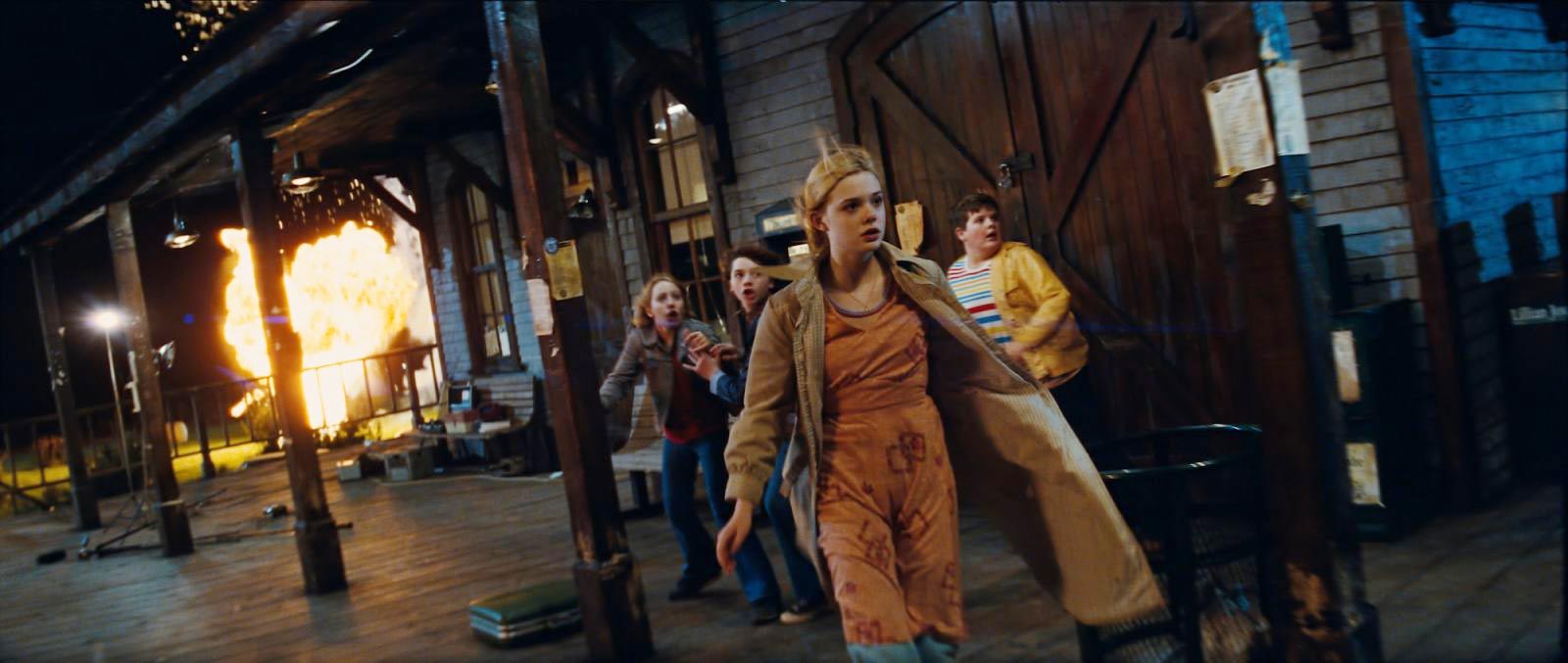Almost two weeks ago, I got a message from my girlfriend with a link to a Facebook post by one of her former (and much loved and respected) school captains detailing the night he was kicked out of her school’s annual Foundation Day event, held at Bendigo’s (my hometown) cathedral for attending in inappropriate attire. At the time, I thought it was just another post that would sift through the thousands upon thousands of other posts that live on the site.

But this one stuck. And hard. In under 5 hours, the post had garnered over 800 shares and was well into the thousands of likes and comments, all praising Angus’ bravery and shunning the school’s conservatism (personally, I stand by Angus’ decision to wear the clothes–fairly tame in my opinion). Although I don’t doubt that Angus was well aware the school is extremely traditionalist (anyone who lives in my town has a certain perception of the school and knows their policies), his decision to push their limits was risky, and for that I commend him, but some part of me feels like he was just trying to stir something; I don’t doubt that in one way or another he knowingly violated the dress code (for better or worse; changes to the school’s, and by extension the broader social stigma, or just a hit back at a bump in the road from the past?). But that’s not entirely the point.
At 7:40 the post hit local newspaper Bendigo Advertiser’s website, which makes no explicit reference to the incident being about Angus’ sexuality, with comments from the headmaster (which they took the time out of their day to actually do some hard earned actual journalism) clearly asserting that the occurrence was “an issue of dress code for occasion and institution, not one of sexual discrimination“. Flash forward 24 hours and the post shows up on Cosmopolitan and Buzzfeed, among various other clickbait-y scum sites, with titles posted up on their sites like “You’ll Never Believe the Messed-Up Reason This Gay Man Was Kicked Out of His School Event“, “This Gay Man Was Kicked Out Of An Event For “Dressing Inappropriately”” and my personal favourite “GAY STUDENT EXPELLED: DRESS SENSE ‘DIDN’T SUIT’“, where the title is clearly vague enough to suggest a completely different story, which flip the whole situation on its dang head. Skewed to the point of no return.
What happened in those 24 hours is the careless media machine at work, churning (and clearly skimming) through the stacks of stories and pulling one out to turn it into the sensationalist piece of web trash where social media users (skimmers) can stop for two seconds, read the misleading headline, like the post, and move on, preaching to their friends and followers about how they ‘read’ an article on something or other when they clearly just had a quick peek at the title. It’s unforgiving and it’s unfortunate, and it pains me to the point of extreme frustration.
How to Make a Good Article, by No-Name Author Who Writes Like a 12 Year Old Who’s Just Discovered Emojis: Step 1: Clickbait headline; Step 2: copy and paste other trustworthy news sites articles and offer no mention or explanation of said clickbait title; Step 3: get paid for being the ignorant, cheap ‘journalist’ that you are.
One of my girlfriend’s teachers happened to be the teacher who allegedly told Angus to leave and has since announced that they didn’t actually ask him to leave but rather disallowed him from sitting in a certain 2-row section at the front of the cathedral, after which Angus supposedly made his exit. Additionally, the night of the Facebook post the teacher’s front yard was vandalised. Mob mentality truly is frightening.
I’m also lowkey furious at the scourge of the earth that is Cosmopolitan for the opening line “Angus McCormick was visiting his hometown of Victoria, Australia…”, like dudes, come on, do some dang research, plus this: “Since the incident, he has not been contacted by the school“, when there is clear-cut evidence to show that he has. Moral of the story: clickbait websites are the scum of the earth, and double check your sources before you fully commit to a story, whether you’re the writer or the reader.







